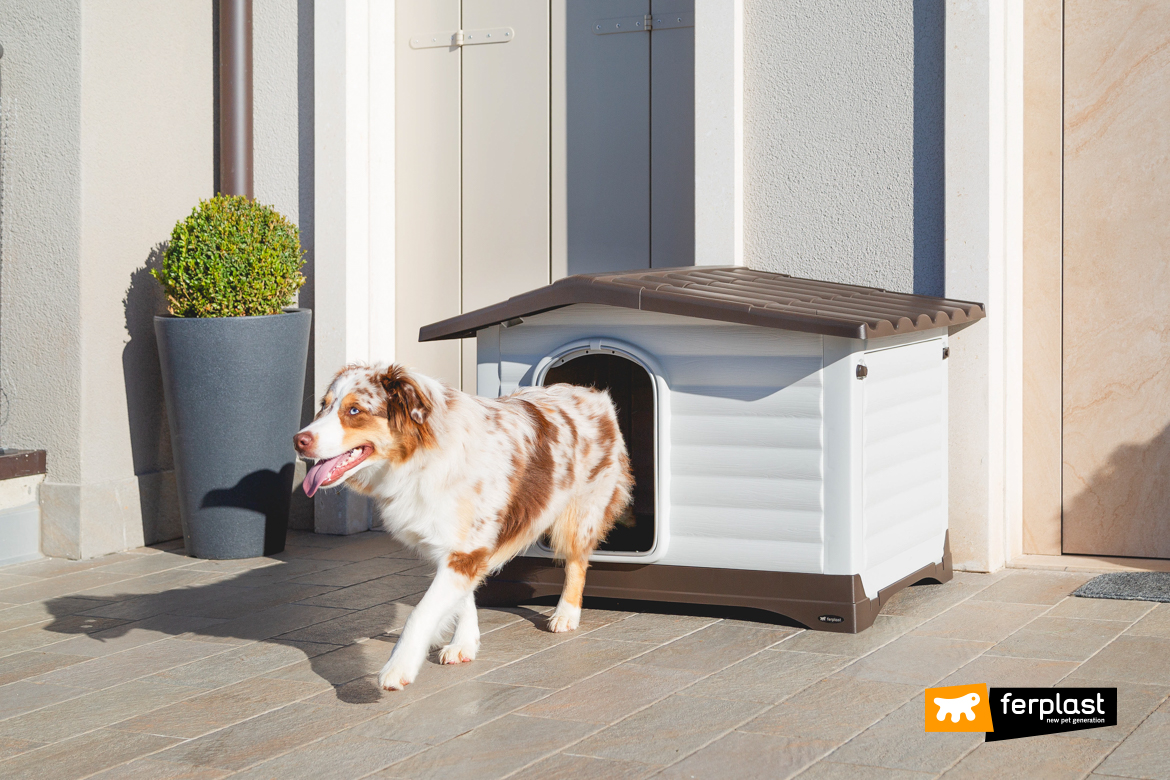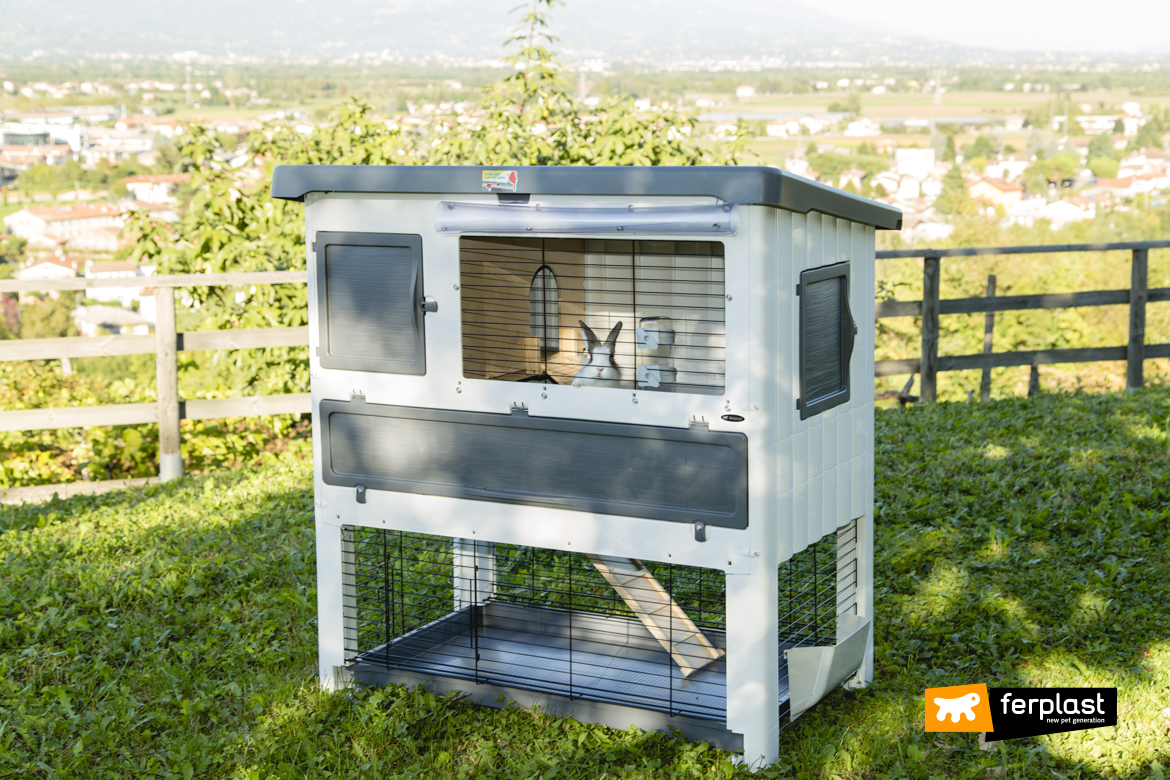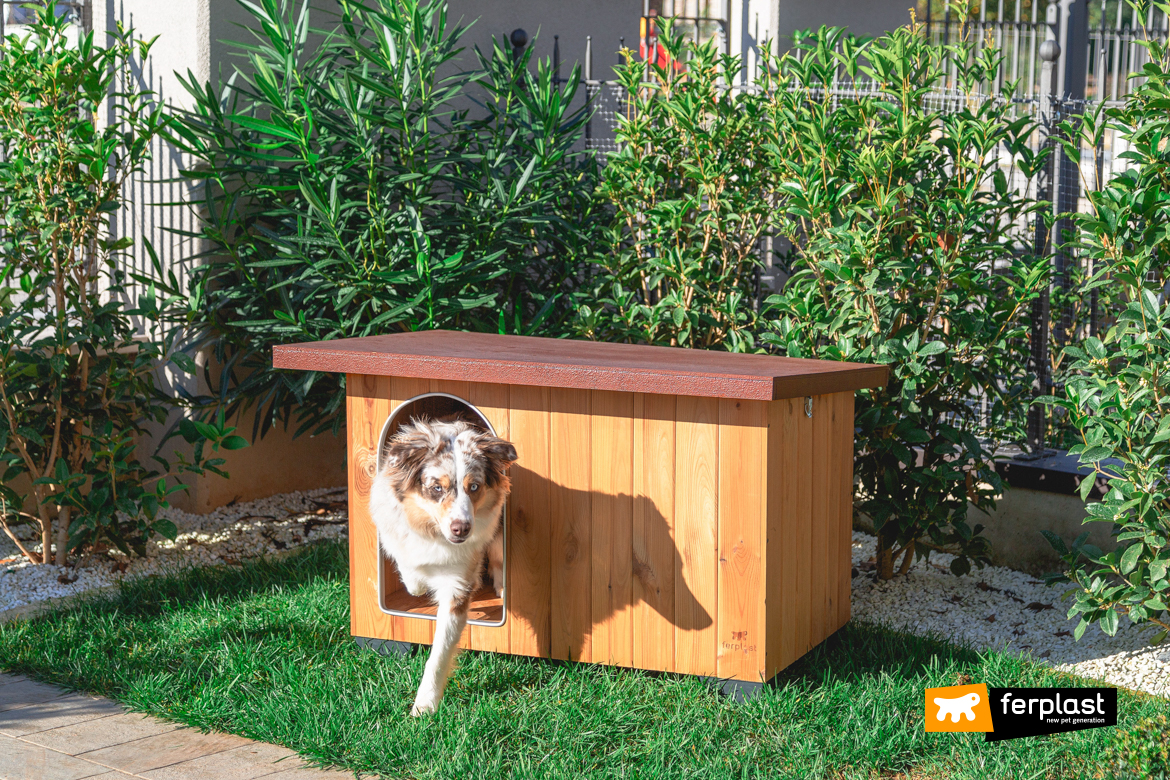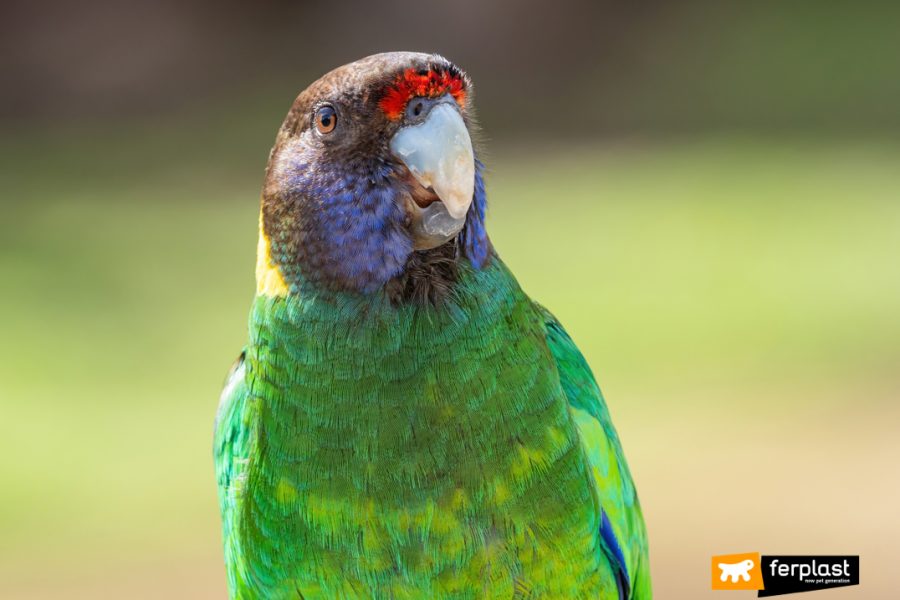A recent study at Deakin University has shown that the appendages of some animals have become longer over time in response to climate change.
The bodies of animals are changing in relation to the climate. In order to protect the environment and its inhabitants, Ferplast has always been committed to the production of eco-friendly products.
Animals change with the climate
The study conducted in Australia by Sara Ryding of Deakin University has led to surprising results. Rising temperatures are causing genetic mutations in animals. This research is based on Allen’s biological rule, which states that animal appendages vary with climate. In warmer regions, animals develop longer appendages to better dissipate heat. Now that global warming is a global problem, nature is also making its presence felt.
Animals most susceptible to change
The most susceptible animals are birds, in particular Australian parrots, whose beaks have increased from 4% to 10% over the last century. In mammals, there has also been an increase in the size of tails and legs, although less significant than in birds.
Ferplast’s commitment to the environment
Ferplast‘s focus is not only on the wellbeing of today’s animals and pet family, but also on protecting the planet for future generations. Therefore, the company has committed itself to creating a range of sustainable and durable accessories.
Ferplast’s eco-friendly accessories
Ferplast’s eco-friendly items include those made from recycled plastic and FSC™-certified wood (FSC™-C146750).
Plastic accessories are made from plastic recycled in the factory itself or through ‘post-consumer’, i.e. plastic from citizens’ separate waste collection. These products are classified with a label, certifying their origin, such as DogVilla, the dog kennel made in thermoplastic resin that is easy to clean thanks to its removable roof and internal liquid drainage system. Or Grand Lodge Plus, the double-decker rabbit hutch with a patented design, available in two sizes and designed for lively bunnies.
The FSC™-certified wood used in dogs, rabbits and small rodents’ beds comes from well-managed forests and other controlled sources in order to reduce environmental impact. Among the articles made of FSC™ certified wood there is Baita, the outdoor dog kennel treated with a special eco-friendly, non-toxic, anti-mould, UV-resistant paint.
In addition to these, there are cages and nests for small birds, such as Giulietta, suitable for canaries and exotic birds, made following the strict environmental standards.
While animals are trying to counteract climate change by adapting to the new context, Ferplast is committed to safeguarding nature and its inhabitants by creating quality products with recycled, eco-sustainable and long-lasting materials.

